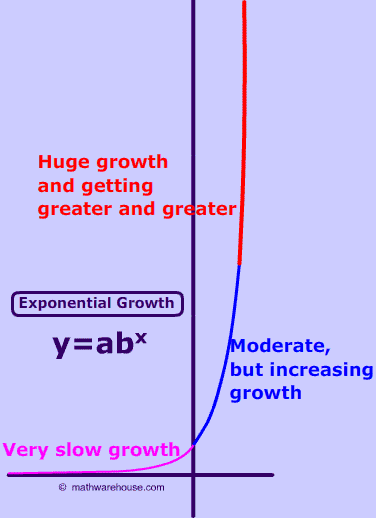Humanism is a philosophy of life that considers the welfare of humankind. Transhumanism is the idea that the human race can evolve beyond its current physical and mental limitations, especially by means of science and technology.
Information technology has been growing at an exponential pace for decades. For example, every year computers are getting smaller, cheaper and more powerful. In computing, the doubling process takes about 18 months (see Moore's Law). If we plot this exponential growth on a graph, we see that we will come a point of critical mass in the near future where the exponential upward curve becomes nearly vertical--a moment in human history referred to as "the technological singularity":

Within a dozen years we should have a computer that can functionally simulate the intellectual and emotional capabilities of the human brain. This is what is known as "Artificial Intelligence" or "AI" for short. Whereas the capacity of the human neocortex has been physically constrained over the past tens of thousands of years of human evolution, AI will continue to improve itself with a precision, speed and intelligence that is currently inconceivable to the human mind. We will then expand our neocortexes by synthetically connecting to AI and integrating our consciousness with it, at which point its abilities will become our own. Using gene editing techniques, we will edit our genes in order to enhance and optimize our physical, mental, and emotional wellbeing. This will be the next big leap in human evolution.
Information technology has been growing at an exponential pace for decades. For example, every year computers are getting smaller, cheaper and more powerful. In computing, the doubling process takes about 18 months (see Moore's Law). If we plot this exponential growth on a graph, we see that we will come a point of critical mass in the near future where the exponential upward curve becomes nearly vertical--a moment in human history referred to as "the technological singularity":

Within a dozen years we should have a computer that can functionally simulate the intellectual and emotional capabilities of the human brain. This is what is known as "Artificial Intelligence" or "AI" for short. Whereas the capacity of the human neocortex has been physically constrained over the past tens of thousands of years of human evolution, AI will continue to improve itself with a precision, speed and intelligence that is currently inconceivable to the human mind. We will then expand our neocortexes by synthetically connecting to AI and integrating our consciousness with it, at which point its abilities will become our own. Using gene editing techniques, we will edit our genes in order to enhance and optimize our physical, mental, and emotional wellbeing. This will be the next big leap in human evolution.

